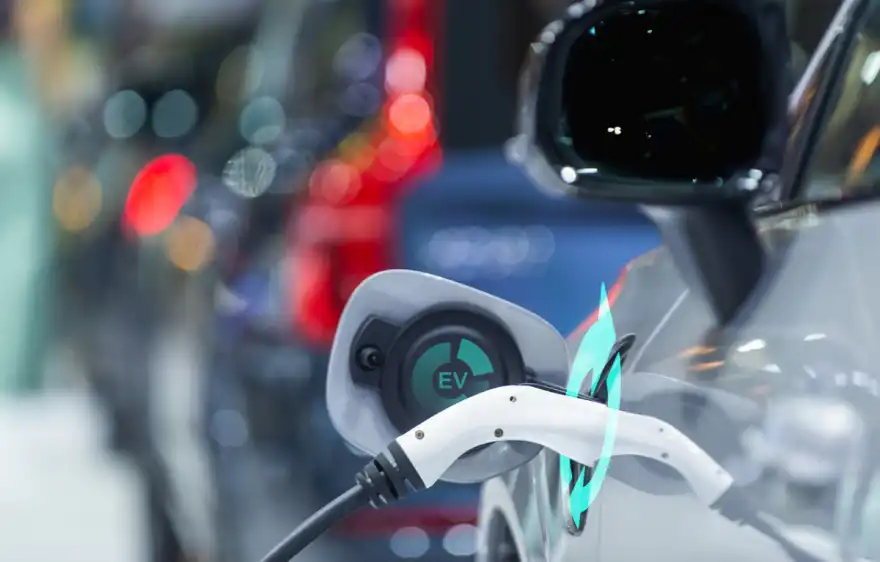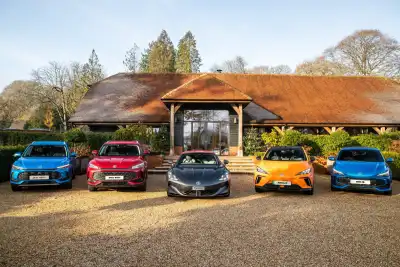
High prices are still a major obstacle to owning an electric car, with most drivers saying they simply can't afford to make the switch. Two-thirds of car buyers told Auto Trader that they plan to spend no more than £20,000 on their next vehicle—a budget that leaves most new electric cars out of reach.
Auto Trader’s latest report shows the median price for a new fully electric vehicle is £51,000, which is 31% higher than a petrol or diesel car. However, more budget-friendly EVs are on the way, starting with the launch of the sub-£15,000 Dacia Spring this year. In its "Road to 2035" report, Auto Trader urged the government to provide more support for EV sales, as affordability concerns remain a key issue for consumers.
According to Auto Trader’s survey of 3,035 drivers, 87% are unwilling to pay more for an electric car than they would for a petrol or diesel equivalent. With such a significant price gap between fuel types, price parity is still a long way off. For those with a £20,000 budget, half are considering a petrol car, while 38% are looking at hybrids. Only 8% are thinking about an EV, mainly due to the lack of affordable options.
Currently, only 16 electric models have starting prices below £30,000. But that’s set to change with the Dacia Spring, arriving in the UK by the end of the year, sparking a wave of cheaper EVs. Citroen is set to release its e-C3 at £21,990, while Hyundai will follow with the Inster next spring for under £22,000. By 2025, Volkswagen plans to release the ID.2 for close to £20,000.
One notable brand has already achieved price parity with its petrol model. Vauxhall recently launched the Frontera EV for £23,495, the same price as its petrol-hybrid version. However, the company admitted they’ll make less profit on the EV.
Sales data shows that EV registrations in 2024 are up 10.5% compared to the same time last year, with 213,544 registered by the end of August, representing 17.2% of new car sales. However, less than a fifth of these were bought by private individuals, with fleet sales dominating.
Meanwhile, hybrid demand is growing even faster. Over 270,906 hybrids have been sold this year, making up 21.9% of new cars. Plug-in hybrid sales are up 24.9% year-on-year, and conventional hybrids rose by 17.9%.
While high prices are turning drivers away from new EVs, the used EV market is picking up as prices drop. Auto Trader reports a 62% increase in used EV sales since January, as falling prices attract buyers. Used EVs now cost 8.5% less than petrol cars after three years and almost double that after four years.
However, the growing popularity of hybrids may be affecting EV demand. The government recently confirmed that the 2030 ban on new petrol and diesel cars won’t include hybrids, allowing them to stay on sale until 2035. As a result, interest in hybrids is rising—demand for them on Auto Trader’s site was up by 33% compared to last year. Yet, hybrids remain more expensive than conventional cars, with no plug-in hybrid models priced under £30,000.
Auto Trader’s commercial director, Ian Plummer, noted "Most consumers say they are unwilling to pay more to go electric, which is a real concern for the transition,"
"The rising interest in hybrids is encouraging as drivers look for reassurance, but they’re not going to solve the affordability challenge."
He added: "Labour has talked a lot about tough choices ahead of next month’s Budget."
"But if it is serious about the mass adoption of EVs, the Chancellor must not just protect the current tax incentives on offer but expand them to accelerate new and used EV demand to ensure it remains on track with government targets."



